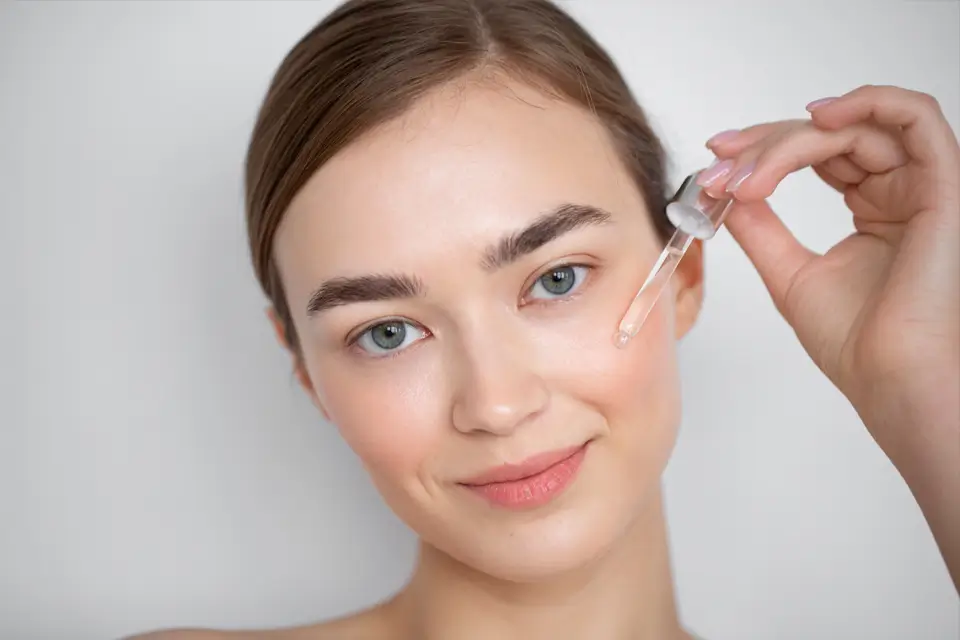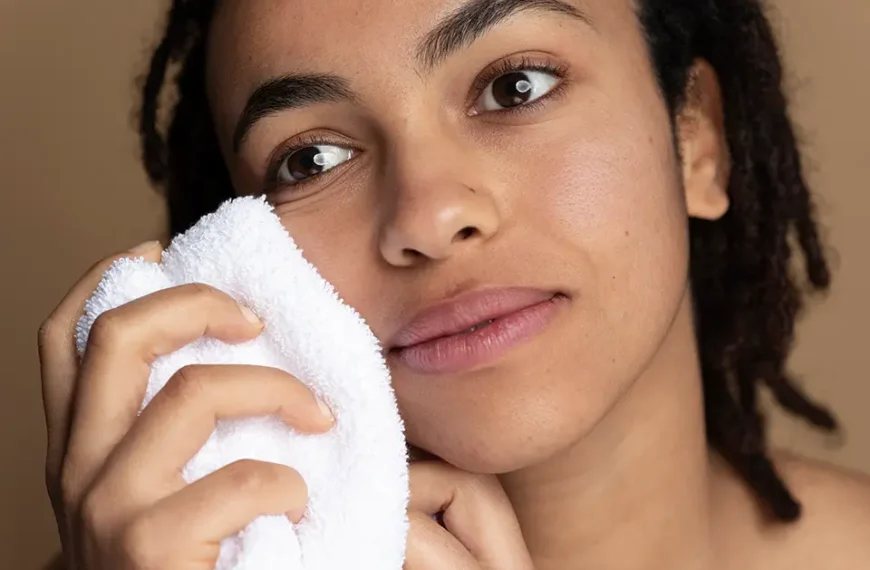Skincare can feel overwhelming with all the products and advice out there, but some ingredients truly stand out. Retinol is one of those stars. Derived from vitamin A, it’s known for addressing aging, uneven skin tone, and acne. If you’re new to this ingredient, don’t worry! Let’s explore retinol—what it is, how it works, and how to use it with confidence.
What is Retinol?
Think of retinol as a natural nudge for your skin to renew itself. It’s part of a group called retinoids, all of which are connected to vitamin A. Retinol works by encouraging your skin cells to turn over more quickly, so your complexion looks fresher and healthier. It’s gentle enough for beginners and can help with:
- Smoothing fine lines and wrinkles
- Reducing dark spots
- Evening out your skin tone
- Clearing clogged pores
- Boosting firmness
How Does Retinol Work?
When applied to your skin, retinol transforms into retinoic acid, which is what your cells respond to. Here’s how it helps:
- Supports Skin Renewal: Retinol sheds old skin cells, allowing new, brighter ones to take their place.
- Encourages Collagen Production: It gives your skin’s natural support system a boost, making it look firmer and more elastic.
- Clears Breakouts: By unclogging pores, retinol reduces blackheads and breakouts.
- Brightens Tone: It gently fades dark spots and acne scars over time, leaving skin more even.
Why Retinol for Aging and Acne?
For Anti-Aging: Retinol is like a time machine for your skin. It softens wrinkles, smooths rough patches, and brightens your overall tone. Over time, you’ll notice firmer, more radiant skin.
For Acne: Struggling with blemishes? Retinol helps by preventing pores from clogging and calming inflammation. It’s a win-win for clear and balanced skin.
Choosing Your Retinol: A Beginner’s Approach
If you’re just starting, simplicity is key. Here’s how to find your match:
- Start Small: Choose a product with 0.2% to 0.5% retinol to let your skin ease into it.
- Pick the Right Formula:
- Oily skin? Lightweight serums are perfect.
- Dry skin? Look for creamy or hydrating options.
- Sensitive skin? Seek products with calming ingredients like niacinamide.
- Trustworthy Brands: Stick with well-known companies to ensure the product is effective and safe.
How to Add Retinol to Your Routine
Taking it slow is the secret to success. Here’s a step-by-step guide:
- Ease In Gently: Start using retinol just once or twice a week. As your skin adjusts, you can use it more often.
- Less is More: A pea-sized amount is plenty for your whole face.
- Dry Skin First: Make sure your skin is completely dry after cleansing to prevent irritation.
- Layer with Moisture: Follow retinol with a rich moisturizer to keep dryness at bay.
- Protect During the Day: Always wear sunscreen because retinol makes your skin more sensitive to the sun.
- Be Patient: Real results take 8-12 weeks, so stick with it!
Common Pitfalls to Avoid
To make the most of retinol, avoid these mistakes:
- Using too much too soon, which can lead to peeling or irritation.
- Skipping sunscreen, which leaves your skin vulnerable to UV damage.
- Combining retinol with harsh exfoliants or strong vitamin C products, which may irritate the skin.
- Forgetting to hydrate, as retinol can dry your skin.
Is Retinol Right for Everyone?
Retinol can be a game-changer, but it’s not for everyone:
- Pregnant or Nursing: Retinol isn’t recommended.
- Sensitive Skin Conditions: If you have eczema or rosacea, check with a dermatologist.
- Highly Reactive Skin: Some people may experience irritation that’s hard to manage.
In Closing
Retinol is one of those rare skincare ingredients that lives up to the hype. With a little care and patience, it can transform your skin. Start slow, prioritize hydration, and don’t forget sunscreen. Your skin will thank you with a glow that only gets better with time.
Q&A Section
1. How long does it take for retinol to show results?
Retinol typically takes 8-12 weeks for noticeable improvements, but consistency is key.
2. Can I use retinol every night?
It’s best to start slowly. Use it 1-2 times a week and gradually increase to nightly use if your skin tolerates it well.
3. Should I apply retinol in the morning or at night?
Retinol should be used at night as it can make your skin more sensitive to sunlight.
4. Can I use retinol if I have sensitive skin?
Yes, but start with a low concentration and look for formulations with calming ingredients. Always patch test first.
5. Is it safe to use retinol with other active ingredients?
Some active ingredients, like hyaluronic acid and ceramides, pair well with retinol. Avoid combining it with exfoliants or strong acids to prevent irritation.
6. Do I need to stop retinol in the summer?
No, but make sure you apply sunscreen daily, as retinol increases sun sensitivity.
7. Can teenagers use retinol for acne?
Yes, teenagers with acne can benefit from retinol, but it’s best to consult a dermatologist to find the right product and strength for their skin.
8. What should I do if my skin becomes irritated?
If irritation occurs, reduce the frequency of use and apply a gentle moisturizer. If it persists, pause retinol use and seek advice from a dermatologist.




